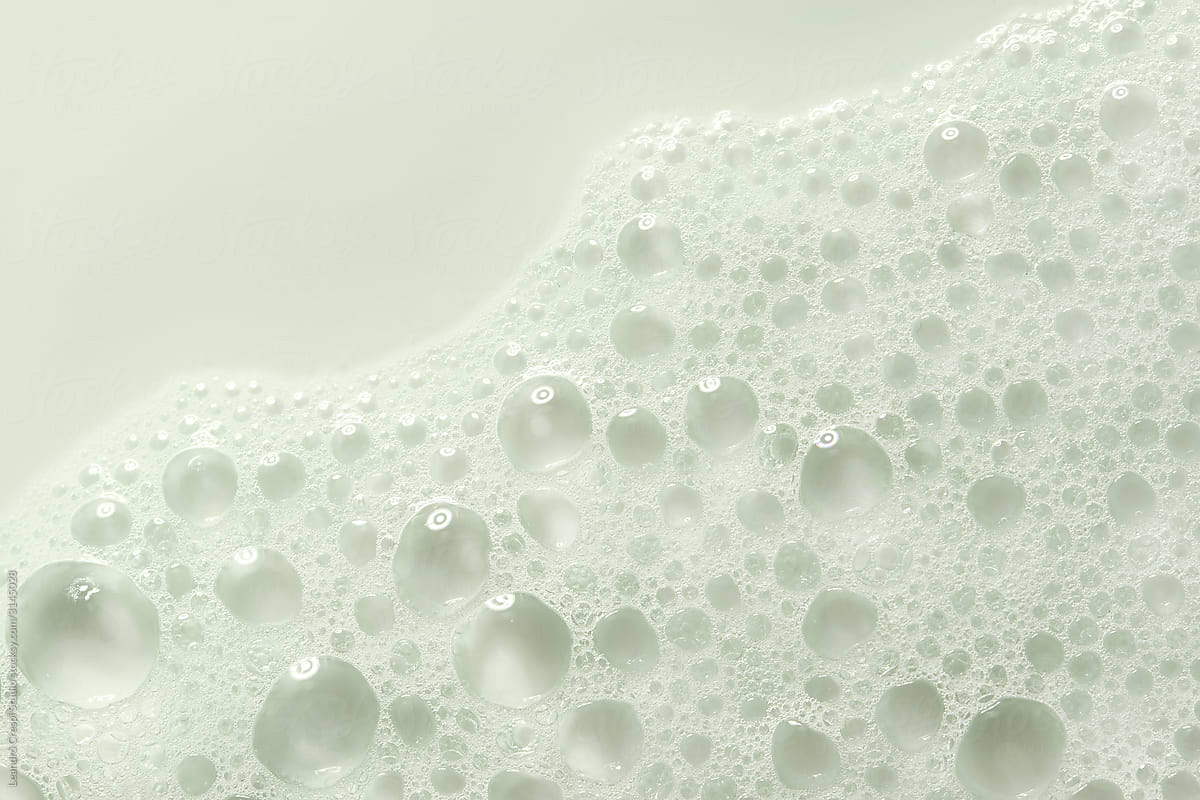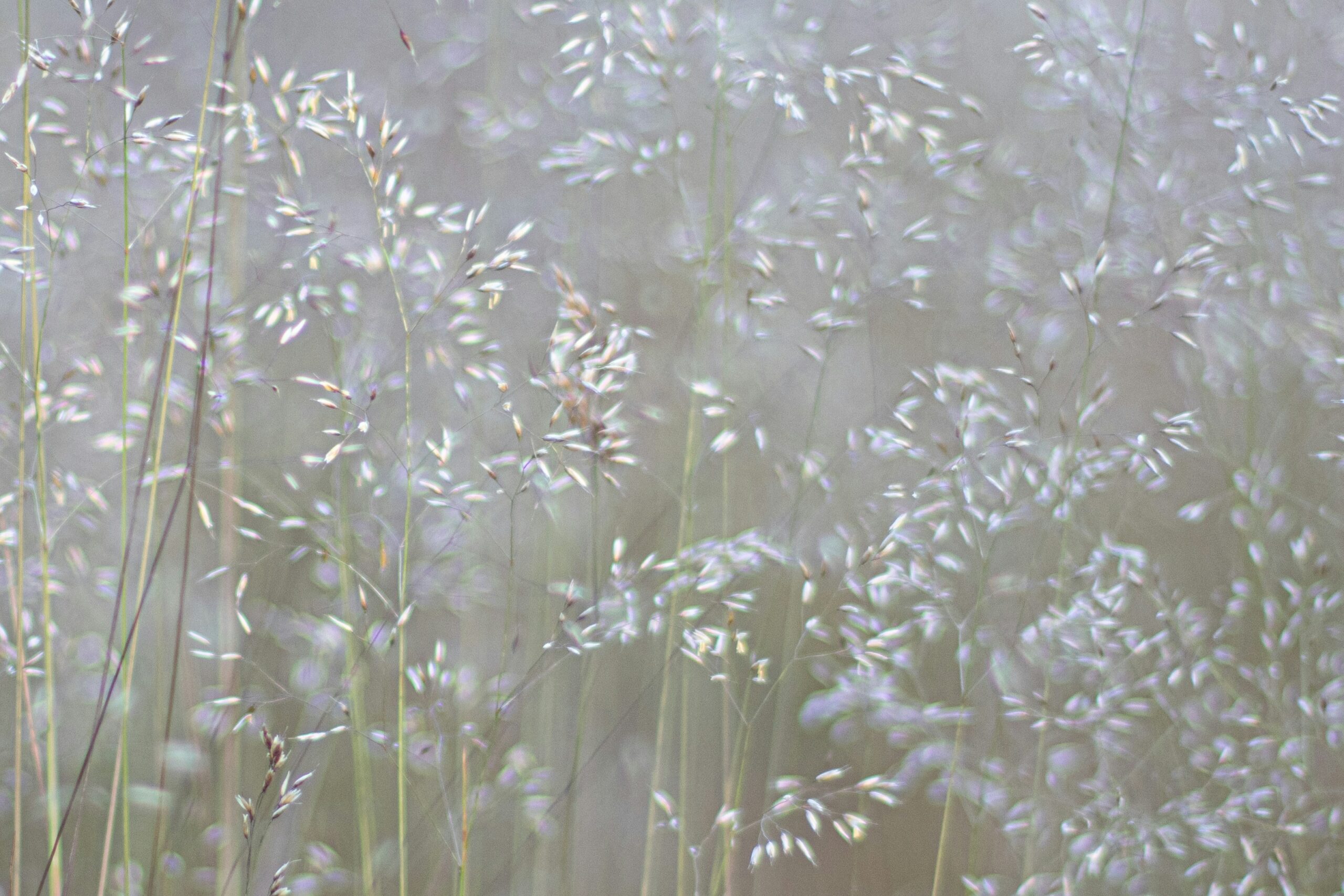Identify Your Allergens and Monitor Pollen Counts
Knowing exactly what triggers your hayfever can help you take more effective precautions. Here are some handy tips to determine what you’re allergic to and how to avoid it:
- Pollen Types and Seasons in the UK:
- Tree Pollen: High in spring (March to May), with birch, oak, and plane trees being common culprits.
- Grass Pollen: Peaks from late spring to early summer (May to July).
- Weed Pollen: Most prevalent from late summer to autumn (August to October), with nettle and mugwort being common allergens.
- Allergy Testing: Visit an allergist for skin prick tests or blood tests to identify specific allergens. These tests can pinpoint whether tree, grass, or weed pollen is the culprit.
- Pollen Counts: Monitor local pollen counts through weather apps, websites like the Met Office, or news channels. High pollen counts often correlate with increased allergy symptoms.
- Symptom Diary: Keep a diary of your symptoms, noting the time of year, weather conditions, and your activities. This can help identify patterns and specific triggers.
Antihistamines and Nasal Sprays: Medical Management
Antihistamines and nasal sprays are effective tools for managing hayfever symptoms:
- Antihistamines: These medications block histamine, a compound your body releases during an allergic reaction. Over-the-counter options like cetirizine (Zyrtec), loratadine (Clarityn), and fexofenadine (Allegra) are effective and generally well-tolerated. For more severe cases, prescription antihistamines may be necessary.
- Nasal Sprays: These provide targeted relief by reducing inflammation and clearing nasal passages. Steroid nasal sprays such as fluticasone (Flixonase) and mometasone (Nasonex) are particularly effective for long-term control. Saline nasal sprays can help wash away allergens and reduce nasal congestion.
Always consult with a healthcare provider to choose the right medications for you.
Natural Remedies and Acupuncture: Gentle Alternatives
For those who prefer a natural approach, there are several options worth exploring:
- Quercetin: A natural antioxidant found in apples, onions, and berries, quercetin can help stabilize mast cells and reduce histamine release.
- Butterbur: This herbal supplement has been shown to be as effective as some antihistamines in controlling hayfever symptoms without causing drowsiness.
- Local Honey: Consuming local honey might help your body build tolerance to local pollen, potentially reducing allergic reactions over time. Though evidence is mostly anecdotal, many swear by it.
- Acupuncture: This traditional Chinese medicine practice has been found to help some people with hayfever. By stimulating specific points on the body, acupuncture can help reduce inflammation and improve immune system function.
Lifestyle Adjustments: Small Changes, Big Impact
Simple changes in your daily routine can significantly reduce your exposure to allergens:
- Stay Indoors: Limit outdoor activities on high pollen days, typically mid-morning and early evening.
- Keep Windows Closed: Use air conditioning to cool your home and car, and consider using a HEPA filter to remove pollen from the air.
- Shower and Change Clothes: After spending time outdoors, shower and change to remove pollen from your skin and hair.
Immunotherapy: Long-Term Relief
For those with severe hayfever or those looking for a long-term solution, immunotherapy might be the answer. This treatment involves regular injections of small amounts of allergens, gradually desensitizing your immune system. Sublingual immunotherapy, which involves placing a tablet containing the allergen under your tongue, is another option. Both methods can significantly reduce symptoms and even prevent the development of new allergies.

Become a Hunter.
Become part of a savvy group of beauty, grooming & wellness Hunters - try products and places for free, vote on whether they deliver & get exclusive offers & invitations.
Join Us